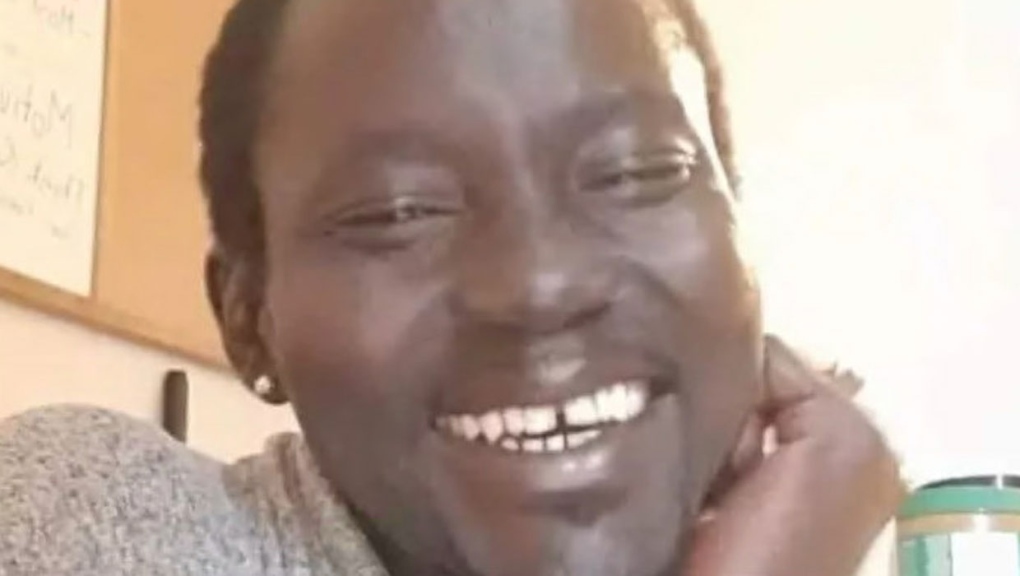
On Saturday, Feb. 19, Calgary police killed Latjor Tuel in downtown Calgary in broad daylight. Tuel’s death is the latest example of state-perpetrated violence against racialized people and the police’s inability to deal with those suffering a mental health crisis.
At around 3:40 p.m., police responded to a call of a man brandishing a weapon. When police arrived they found the man, and when he refused to put down his weapon police released a service dog to attack him. Tuel struck the dog, and the police fired four shots into him. The weapon in question would later be revealed to be a retractable cane Tuel used to help him with his knee issues. Police also claimed to have taken life-saving measures, but a YouTube video later released showed police waiting minutes to even move towards Tuel’s fallen body. He would be pronounced dead on the scene.
A friend of Tuel’s, Charles Odame-Ankrah, would later state, “How dehumanizing that be? [It tells you] they value the life of the police dog more than the Black man,”
In the days leading up to his murder, Tuel’s friends said that he was dealing with mental health issues, primarily due to his PTSD that he suffered from his time as a child soldier in Sudan.
On Monday, the Calgary Police Commission released a statement saying, “The Calgary Police Commission’s thoughts are with his family and friends in this time of grief.” Hollow words for a family that has lost a brother and father.
The killing of Tuel is not an outlier, but in fact is yet another example of the deeply ingrained racism in our system and the police’s willingness to use violence on people who are suffering from mental health crises. A report by the CBC has confirmed this disturbing trend; over the past 20 years the amount of fatal police incidents have been on the rise. Black and Indigenous people are disproportionately overrepresented in the number of fatalities, and in the majority of cases, the victims were suffering from mental health problems.
The murder of Tuel has again brought to the fore the question of why police are the ones to respond to mental health crises instead of mental health professionals or social workers. Back in 2020, the Calgary Police Service (CPS) made plans to partner with experts in social work, health, mental health, and community outreach in order to change the way police respond to calls. The CPS would divert $8 million to various community response teams in order to enhance their programs. This clearly has not improved things. Farah Ali, executive director of the Calgary African Community Collective, responded to this best: “No matter how much money you put in, the end result is this.”
The police cannot be reformed into a kinder, gentler institution. Under capitalism, the police serve to protect the interests of the ruling class. The police are used to break up Indigenous protests and strikes, but right-wing convoys are treated with kid gloves.
What we need is an emergency health service that is completely autonomous from the police. To prevent it from being just another arm of state control, it must be democratically controlled by workers and representatives from the community. This demand, however, cannot be separated from a general demand for fully funded and truly universal health care. Nor can we talk about treating mental health without addressing the conditions of poverty and oppression that exacerbate mental health conditions. Ultimately, we need a total transformation of society.
The only way forward is for racialized communities, oppressed people, and the entirety of the working class to struggle together to improve our living conditions. By overthrowing the ruling class and their stooges, we can begin to change society for the better by using society’s wealth for the benefit of those who produce it. This will allow for the improvements of the living conditions of the working class, and lay the basis for the improvement of mental health and for an end to racism and all forms of oppression.

